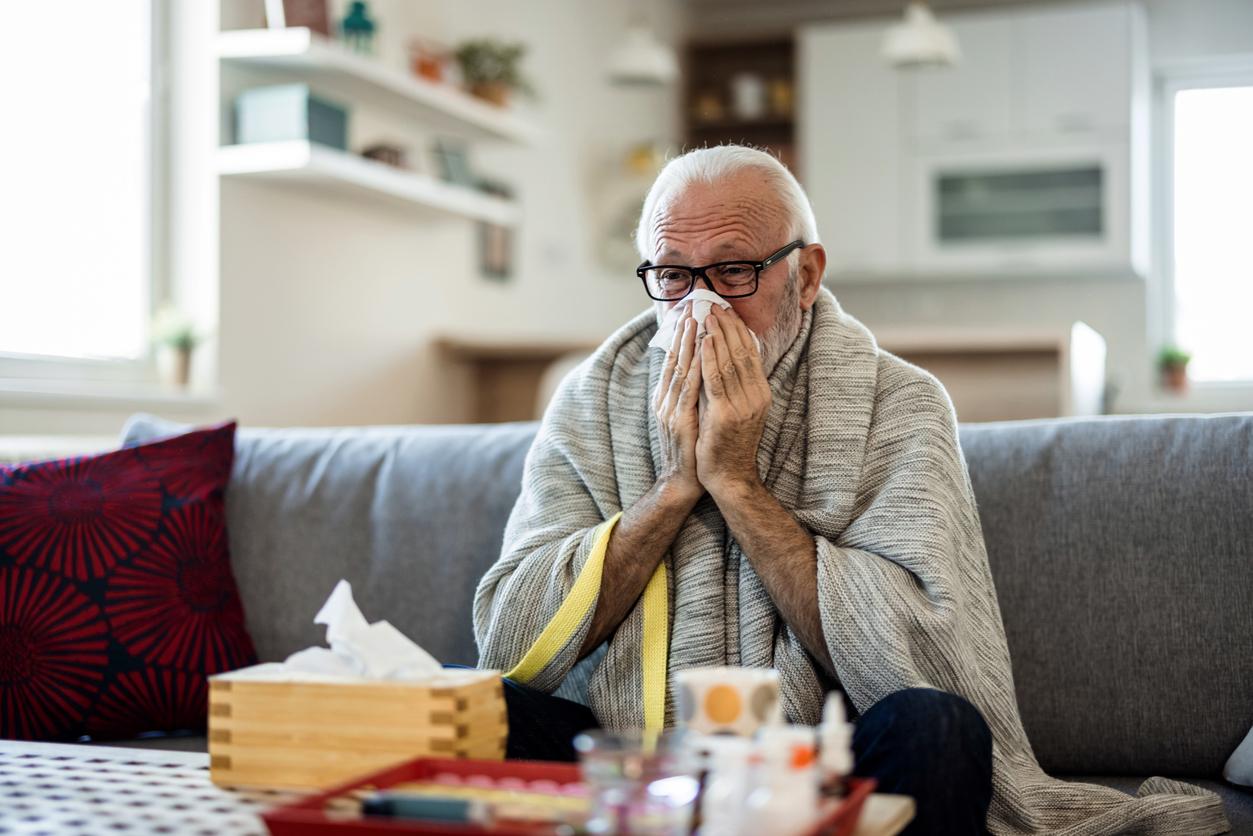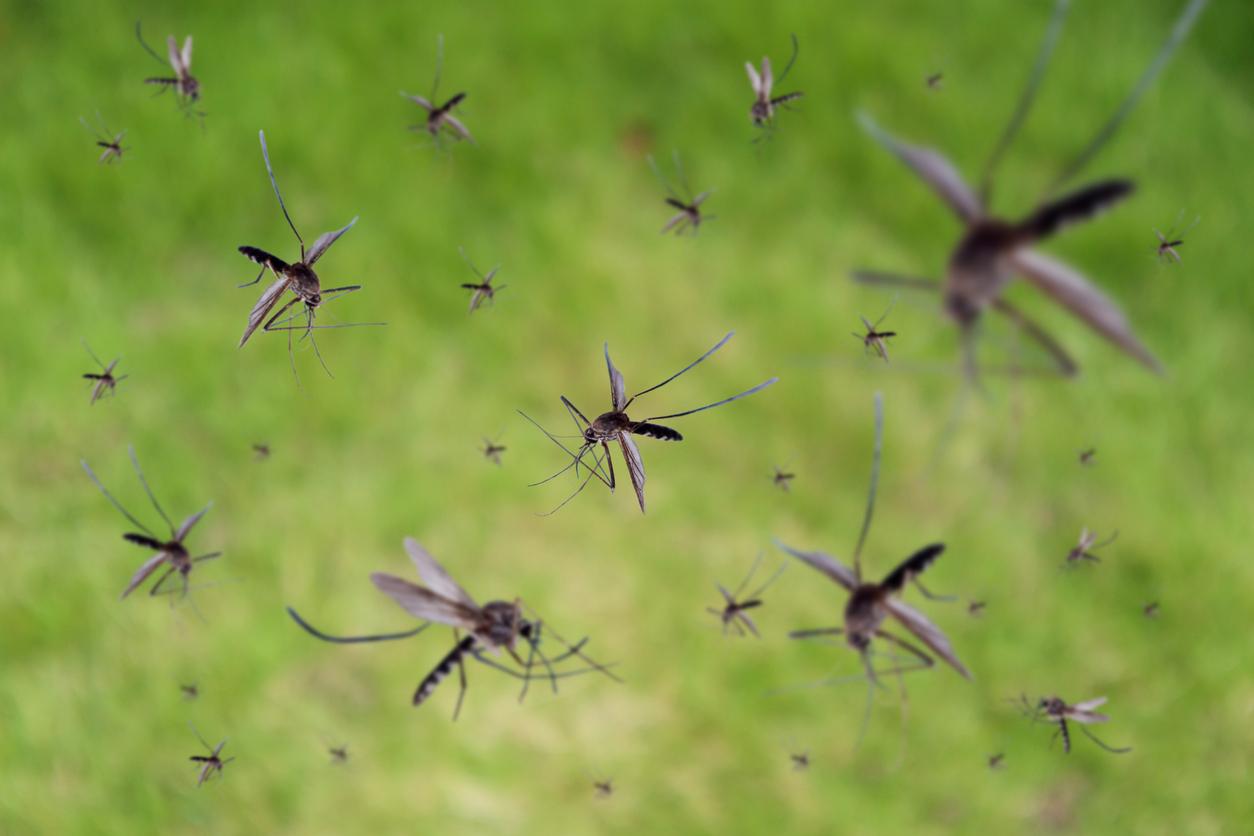
The question of whether the population should continue to live with the Sars-Cov-2 coronavirus or whether it should be completely eradicated seems to be undergoing a resurgence of notoriety within scientific communities.
The “zero-Covid”
This strategy aims to completely eliminate the virus throughout the country, but also to prevent it from circulating. Some countries have adopted the “Zero-Covid”, By taking radical and sometimes short-term preventive measures, as soon as a low number of cases of Covid-19 infection occurs. This is the case, for example, of the city of Melbourne in Australia, which decreed national confinement for a period of five days from January 12 following the appearance of 13 cases of infection with the English variant. The measures taken are therefore very restrictive, to quickly avoid a possible saturation of hospital services or the appearance of several clusters. Thus, the chains of contamination do not exist, since the virus does not have “time to spread”. Several areas of the world, in particular Asia and Oceania, have opted for the “Zero-Covid”And get good results. Other countries use a similar action plan, although a little more flexible, such as Japan or Norway. “Instead of aiming for a strict dogmatic “Zero Covid”, we are looking for absolutely minimal circulation of the virus, which we tolerate at a very, very low threshold. And at the slightest jolt, we launch strong preventive measures”, Reports epidemiologist Antoine Flahault. Thus, they manage to control the epidemic.
Is this possible in France and in Europe?
In practice, it seems difficult to develop such a strategy at European level. On the one hand, the majority of the territories which opt for the “zero-Covid”Are island countries. In Europe, people move more freely from one territory to another, in particular because it is a tourist destination. There should therefore be total coordination between all countries, with “entries into European territory […] extremely controlled”. In addition, the Sars-Cov-2 virus is already circulating at a very advanced level. As a reminder, the objective set by the Head of State has still not been reached, that of 5,000 new contaminations per day. However, some doctors and scientists are in favor of stronger restrictions, such as the AP-HP crisis medical director, Bruno Riou: “Let’s confine quickly, hard, but as little time as possible and better manage our deconfinement”.

















